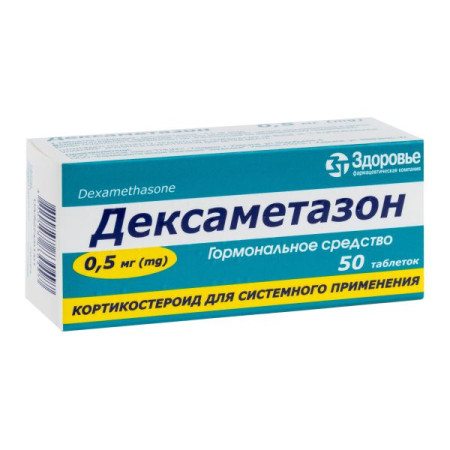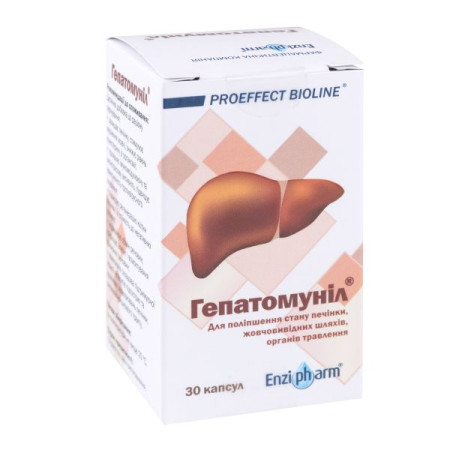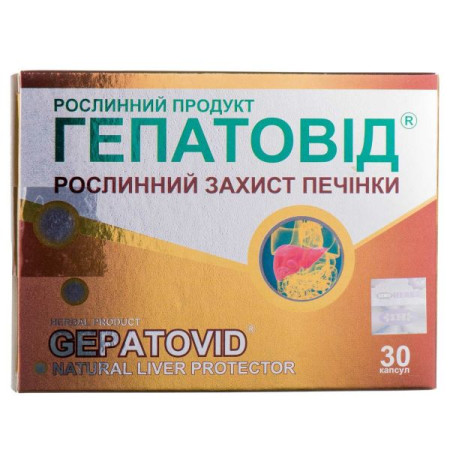Orange-flavored lollipop #20

Instructions for Orange Flavored Lollipops No. 20
Composition
active ingredients: lysozyme hydrochloride, dequalinium chloride;
1 tablet contains lysozyme hydrochloride 10 mg in terms of dry matter, dequalinium chloride 0.25 mg in terms of 100% dry matter;
excipients:
for tablets with anise and mint flavor: lactose monohydrate; mannitol (E 421); povidone; magnesium stearate; flavorings: anise and mint;
for chocolate-flavored tablets: dextrose monohydrate ST; povidone; magnesium stearate; flavorings: cocoa powder, chocolate;
for orange-flavored tablets: dextrose monohydrate ST; povidone; magnesium stearate; flavoring: orange; dyes: iron oxide yellow (E 172), iron oxide red (E 172);
for raspberry-flavored tablets: dextrose monohydrate ST; povidone; magnesium stearate; flavors: raspberry flavor, natural raspberry flavor; dye: iron oxide red (E 172).
Dosage form
Lozenges.
Main physicochemical properties: white or almost white tablets, with a flat surface, a score and a bevel, with anise and mint flavor.
Tablets from gray to brown in color, with inclusions, with a flat surface, a score and a bevel, with a cocoa flavor. Marbling is allowed on the surface of the tablets.
Pink-orange tablets, with specks, with a flat surface, a score and a bevel, with an orange flavor. Marbling is allowed on the surface of the tablets.
Pink tablets with a reddish tint, with inclusions, with a flat surface, with a score and a bevel, with a raspberry flavor.
Pharmacotherapeutic group
Drugs used in throat diseases. Antiseptics. Miscellaneous. ATX code R02A A20.
Pharmacological properties
Pharmacodynamics.
Lizak® is a combined drug with a well-pronounced local antiseptic, antibacterial and antifungal effect. The therapeutic effect of the drug is due to the components that make up its composition.
Dequalinium chloride is a local antiseptic of the quinoline group, has an antiseptic effect, mainly local; antibacterial effect - mainly against gram-positive and gram-negative microorganisms; antifungal effect - mainly against Candida albicans, some species of Trychophyton and epidermophytes.
The antibacterial effect is due to the denaturation of proteins and enzymes of pathogens by dissolution and depolymerization, as well as glycolysis and inactivation of dehydrogenases; disruption of protein synthesis at the ribosome level; cytolysis of the cell membrane. The surface-active cationic effect is the basis of its bacteriostatic activity, which is stronger against gram-positive than against gram-negative microorganisms.
Lysozyme is a mucopolysaccharide that is effective against Gram-positive bacteria by converting insoluble cell wall polysaccharides into soluble mucopeptides. It is also effective against Gram-negative bacteria, viruses, and fungi.
Lysozyme has a local anti-inflammatory effect and increases the body's nonspecific resistance.
Pharmacokinetics.
Dequalinium chloride is absorbed in very small amounts.
Lysozyme is well absorbed from the gastrointestinal tract. The peak concentration of lysozyme in the blood is reached after 1-1.5 hours. Lysozyme is widely distributed in body tissues, especially accumulating in mucous membranes. It is hydrolyzed by intestinal enzymes, excreted in the form of metabolites with urine.
Indication
Local antiseptic treatment of inflammatory processes of the oral cavity and throat caused by pathogens sensitive to the drug (catarrhal, ulcerative, fibrous gingivitis; aphthous stomatitis; candidiasis of the oral cavity and pharynx; pharyngitis; tonsillitis; laryngitis and glossitis).
Prevention of infections before and after surgical interventions in the mouth and throat.
Contraindication
Hypersensitivity to the active substances or to any of the excipients of the drug.
Allergy to quaternary ammonium compounds (e.g., benzalkonium chloride).
Interaction with other medicinal products and other types of interactions
When used simultaneously with kayexalate (a drug for the treatment of hyperkalemia), there is a possibility of developing severe necrotic lesions of the skin and mucous membranes, especially the gastrointestinal tract.
The antibacterial activity of dequalinium chloride is reduced when used simultaneously with anionic detergents, such as toothpaste.
The use of the drug should not be combined with the use of cholinesterase inhibitors.
Lysozyme enhances the effectiveness of antibacterial drugs such as penicillin and chloramphenicol.
Application features
Anise and mint flavored tablets do not contain sugar, so they can be used by diabetics.
1 lozenge with chocolate, orange or raspberry flavor contains 0.05 XO, which must be taken into account by diabetics.
If there are major clinical symptoms of generalization of infection, systemic antibacterial treatment should be prescribed. If any side effects occur, the use of Lizak® should be discontinued and another drug should be prescribed.
Anise and mint flavoured tablets contain lactose, therefore patients with rare hereditary forms of galactose intolerance, lactase deficiency or glucose-galactose malabsorption syndrome should not take them.
Use during pregnancy or breastfeeding
No controlled studies have been conducted, therefore the drug can be used during pregnancy or breastfeeding only after consulting a doctor if the therapeutic effect outweighs the possible risk of exposure to the fetus/child.
Ability to influence reaction speed when driving vehicles or other mechanisms
Lizak® does not affect the performance of tasks requiring increased attention (driving and working with moving mechanisms).
Method of administration and doses
Recommended doses for adults and children over 12 years of age.
Apply 1 lozenge every 2-3 hours (no more than 10 lozenges per day). After the symptoms of inflammation have subsided, apply 1 lozenge every 4 hours.
Recommended doses for children aged 4 to 12 years.
Apply 1 lozenge every 3 hours (no more than 5 tablets per day). After the symptoms of inflammation have subsided, 1 tablet every 4 hours.
The tablet should be sucked slowly, without chewing.
After using the drug, it is recommended not to eat or drink for 30 minutes.
Treatment should be continued for 1-2 days after the symptoms of the disease disappear. It is recommended to use Lizak® until the symptoms of the disease disappear. If the symptoms do not disappear after 5-7 days of treatment, you should consult a doctor to decide on further treatment tactics.
Children.
The drug in this dosage form should not be used to treat children under 4 years of age due to the risk of aspiration.
Overdose
There is no data on overdose.
Side effects
The following adverse reactions are possible:
Gastrointestinal tract: nausea, dry mouth, oral dysbacteriosis (with long-term use in high doses);
Skin and subcutaneous tissue: allergic reactions are possible, including urticaria, rash, itching;
local reactions, including a burning sensation and irritation in the throat and oral mucosa. In rare cases, namely with abuse, ulceration and necrosis may occur. In case of any adverse reactions, the drug should be discontinued and a doctor should be consulted regarding further therapy.
Expiration date
2 years.
Do not use the drug after the expiration date indicated on the package.
Storage conditions
Store at a temperature not exceeding 25 °C.
Keep out of reach of children.
Packaging
6 tablets in a blister, 2 blisters in a pack (for tablets with anise and mint flavor, chocolate flavor, orange flavor).
10 tablets in a blister, 1, 2 or 4 blisters in a pack.
Vacation category
Without a prescription.
Producer
JSC "Farmak".
Address
Ukraine, 04080, Kyiv, Kyrylivska St., 74.
There are no reviews for this product.
There are no reviews for this product, be the first to leave your review.
No questions about this product, be the first and ask your question.












